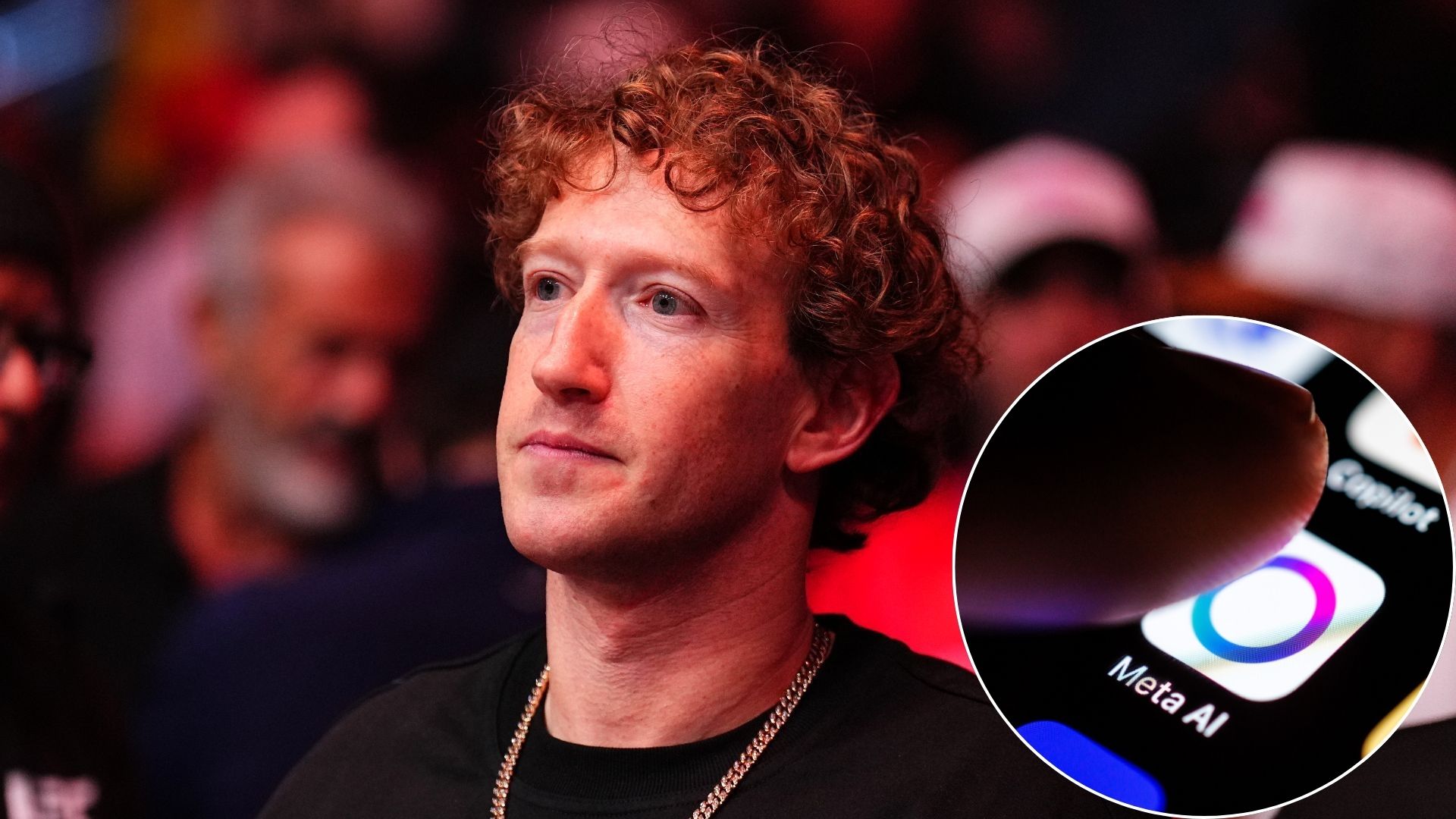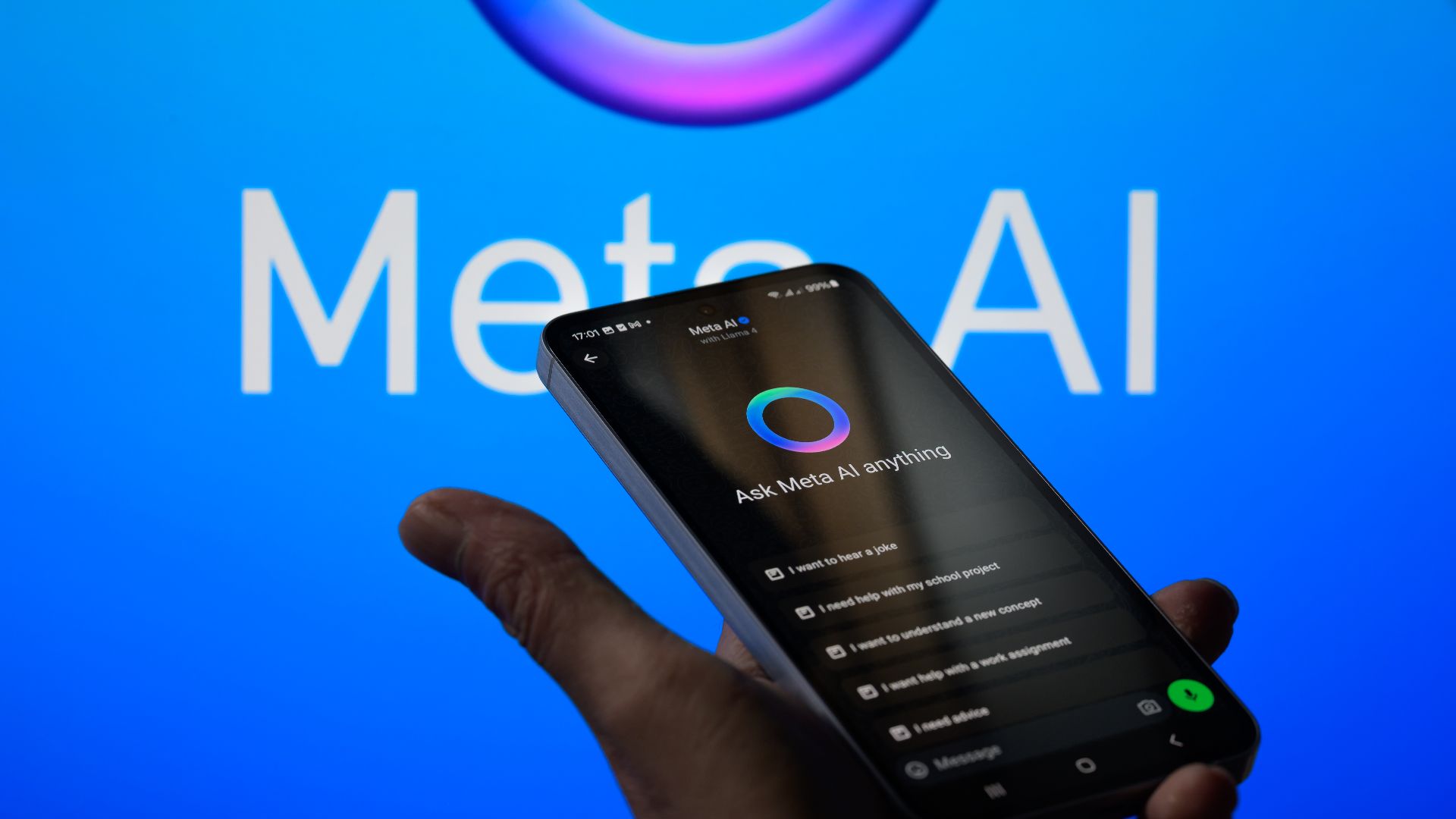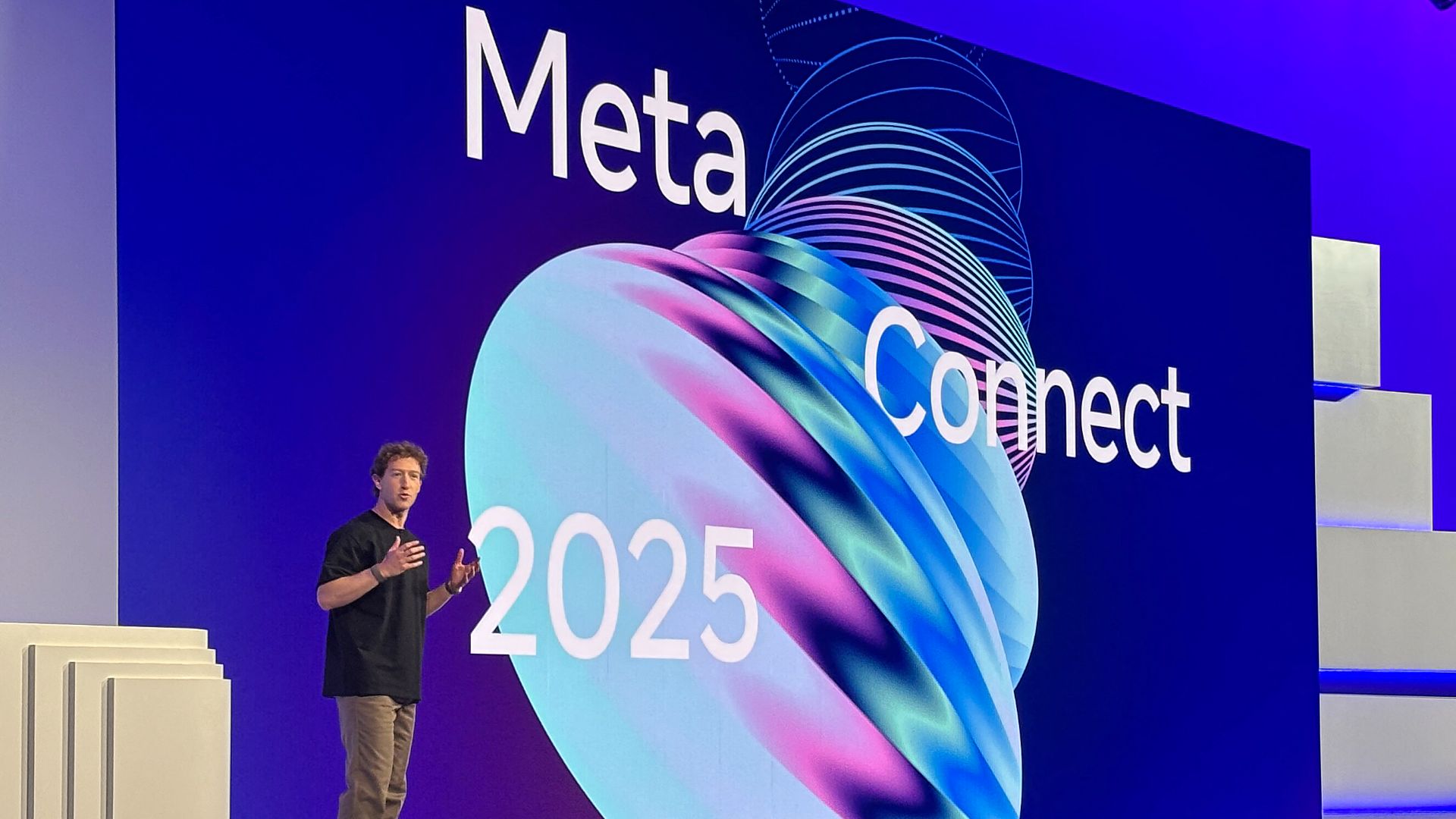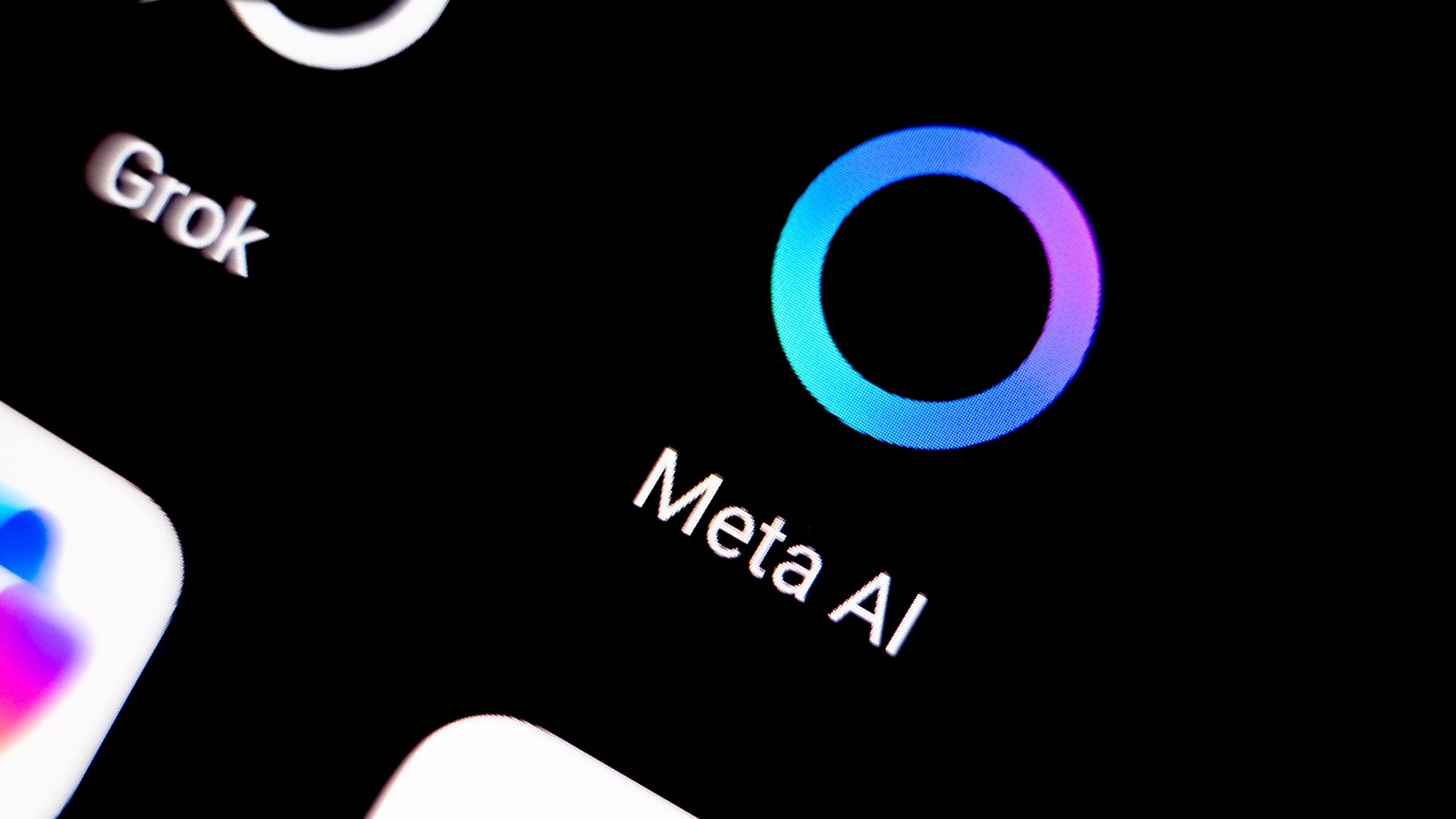
Users will start receiving notifications about the change in October, and Meta has confirmed there will be no option to opt out. The data from these AI conversations, what people say or ask, will be combined with existing signals such as posts, likes, and connections to power instant recommendations (including Reels) and more precisely targeted ads.
AI conversations

Meta announced that, before 2026, the company will begin reading and exploiting the AI conversations of its platform users to serve them more targeted advertising. Starting next December, according to CNN, Meta plans to use its users’ private AI conversations to better target them with advertising.
A major shift

This marks a major shift in Meta’s monetization model: private conversations with AI will become a direct source of advertising insights, expanding the depth and precision of its ad-targeting strategy.
In December

The company will begin rolling out the system in December, but Meta says users will already start noticing unspecified changes right away. Until now, Meta has targeted ads based on what users post, click, and who they connect with, but its new AI chatbot ad strategy introduces a new layer: instant targeting.
Instant targeting strategy

Through conversations with its chatbot, users may directly reveal what they plan to buy, the trip they are preparing for, or the problems they face that a product could solve, information that Meta can automatically capture and use in its instant targeting strategy through direct access to private chatbox conversations.
Personalize content and ads

Meta announced that beginning on December 16, 2025, users’ interactions with its AI tools, both via text and voice, will be added to its advertising data to personalize content and ads across Facebook, Instagram, and other apps.
No option

Users will start receiving notifications about the change in October, and Meta has confirmed there will be no option to opt out. The data from these AI conversations, what people say or ask, will be combined with existing signals such as posts, likes, and connections to power instant recommendations (including Reels) and more precisely targeted ads.
Sensitive data

Meta also stated that it will not use sensitive data, such as political beliefs, health information, or religion, for ad targeting. «People’s interactions simply are going to be another piece of the input that will inform the personalization of feeds and ads.» explained Christy Harris, Meta’s privacy policy manager.
Sensitive topics

«When people have conversations with Meta AI about more sensitive topics such as their religious views, sexual orientation, political views, health, racial or ethnic origin, Meta will not use those topics to show them ads.»
Local restrictions

For now, the policy will apply only to Meta AI users, and regions such as the European Union, the United Kingdom, and South Korea are excluded due to local regulatory restrictions.









